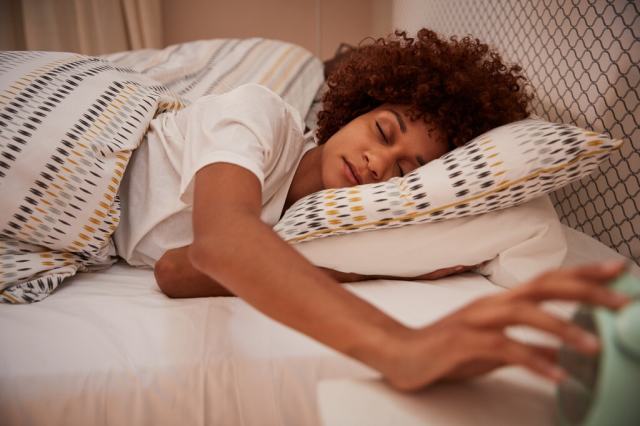People who are evening types go to bed later and wake up later than morning types. They also tend to move around far less throughout the day, according to an interesting new study of how our innate body clocks may be linked to our physical activity habits. The study, one of the first to objectively track daily movements of a large sample of early birds and night owls, suggests that knowing our chronotype might be important for our health.
In recent years, a wealth of new science has begun explicating the complex roles of cellular clocks and chronotypes in our health and lifestyles. Thanks to this research, we know that each of us contains a master internal body clock, located in our brains, that tracks and absorbs outside clues, such as ambient light, to determine what time it is and how our bodies should react. This master clock directs the rhythmic release of hormones, such as melatonin, and other chemicals that affect sleep, wakefulness, hunger and many other physiological systems.
Responding in part to these biochemical signals, as well as our genetic inclinations and other factors, we each develop a chronotype, which is our overall biological response to the daily passage of time. Chronotypes are often categorized into one of three groups: morning, day or night. Someone with a morning chronotype will naturally wake early; feel most alert and probably hungry in the morning; and be ready for bed before Colbert comes on. Day types tend to wake a bit later and experience peak alertness a few hours deeper into the day. And evening types rise as late as possible and remain vampirically wakeful well past dark.
Our chronotypes are not immutable, though. Research shows that they have a yearslong rhythm of their own, with most people harboring a morning or day chronotype when young, an evening version during adolescence and young adulthood, and a return to a day or morning type by middle age. But some people remain night owls lifelong.



 Download Google Chrome
Download Google Chrome Download Mozilla Firefox
Download Mozilla Firefox Download Opera
Download Opera